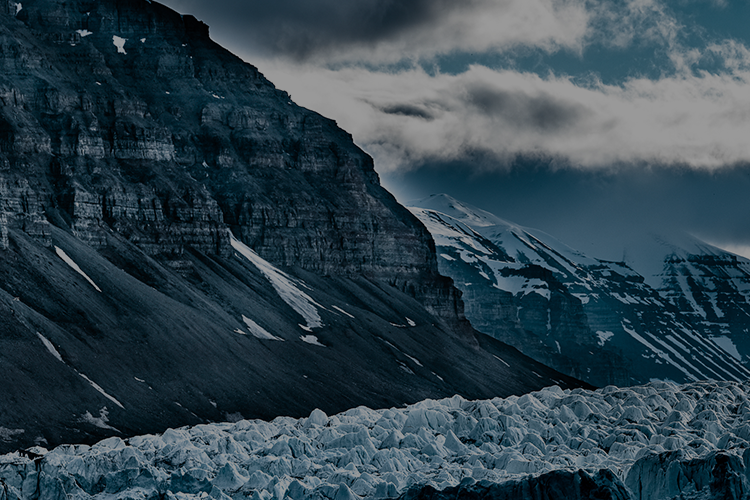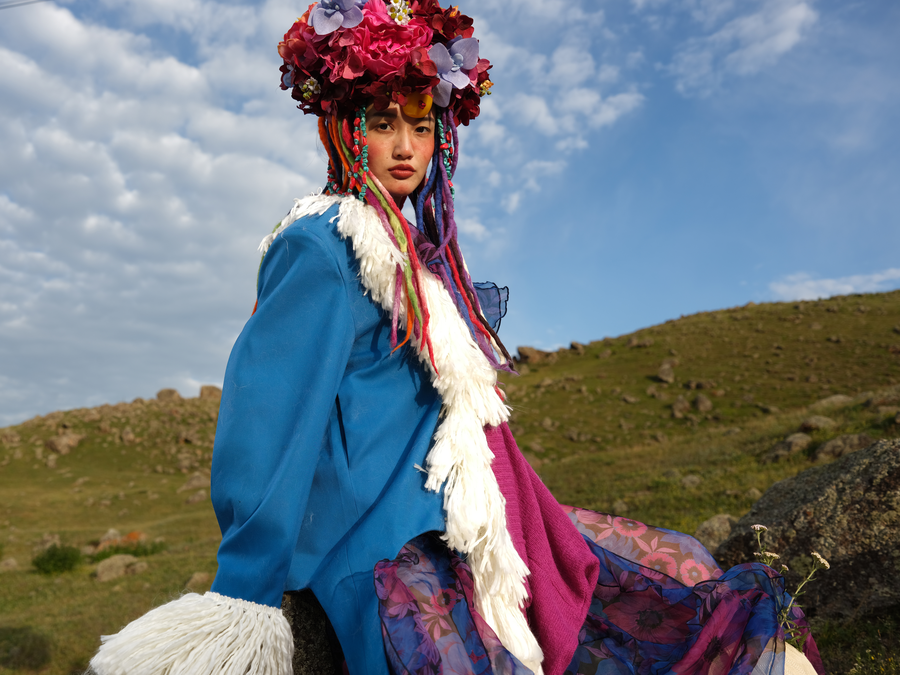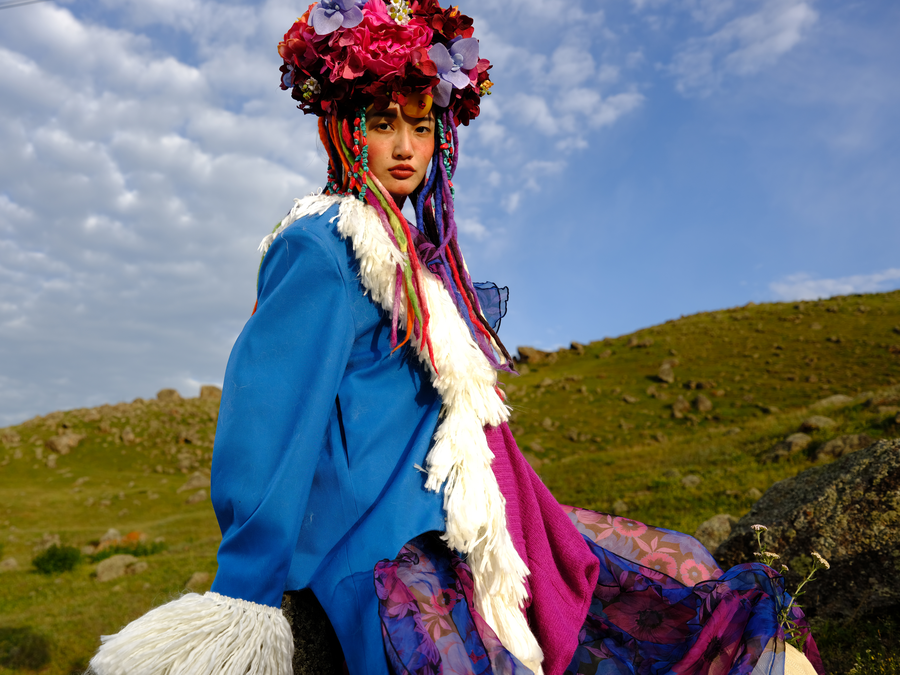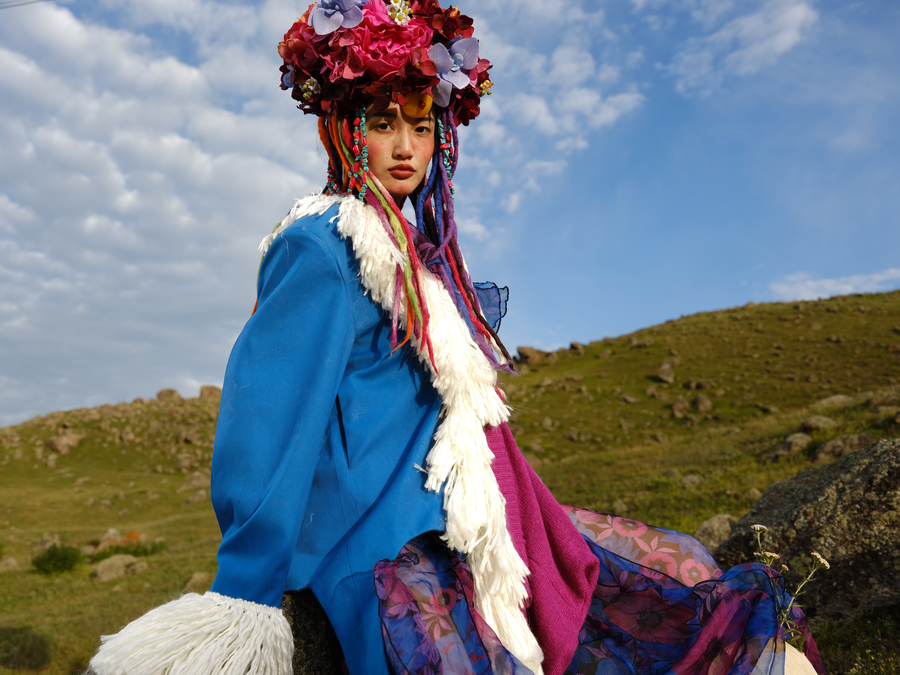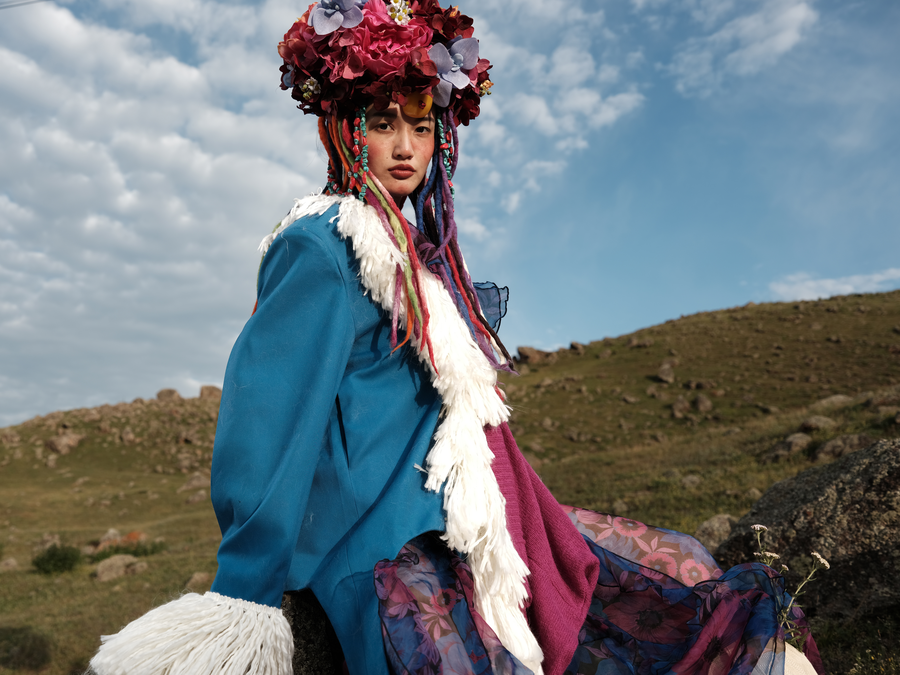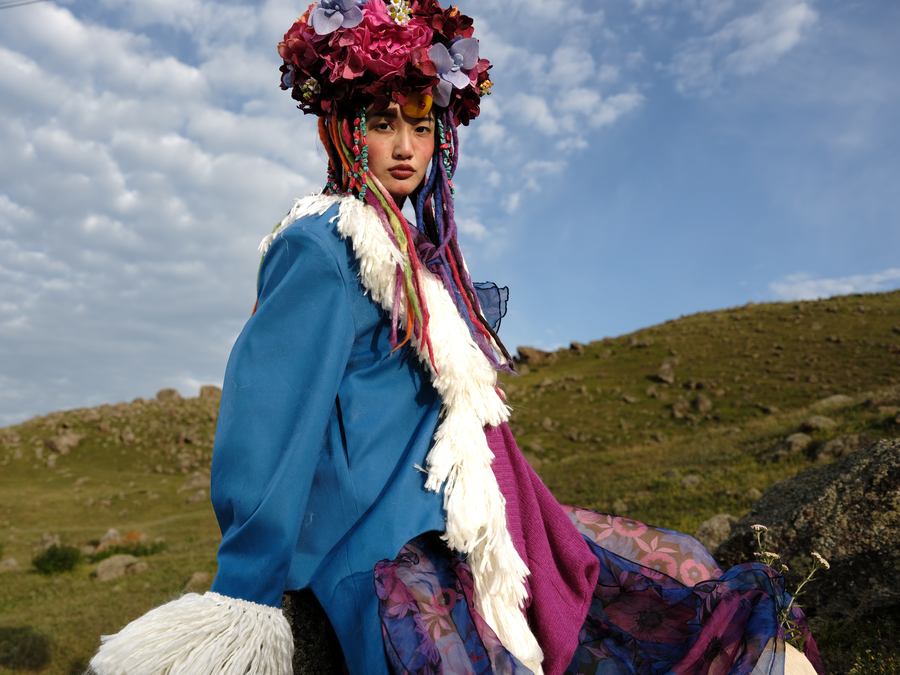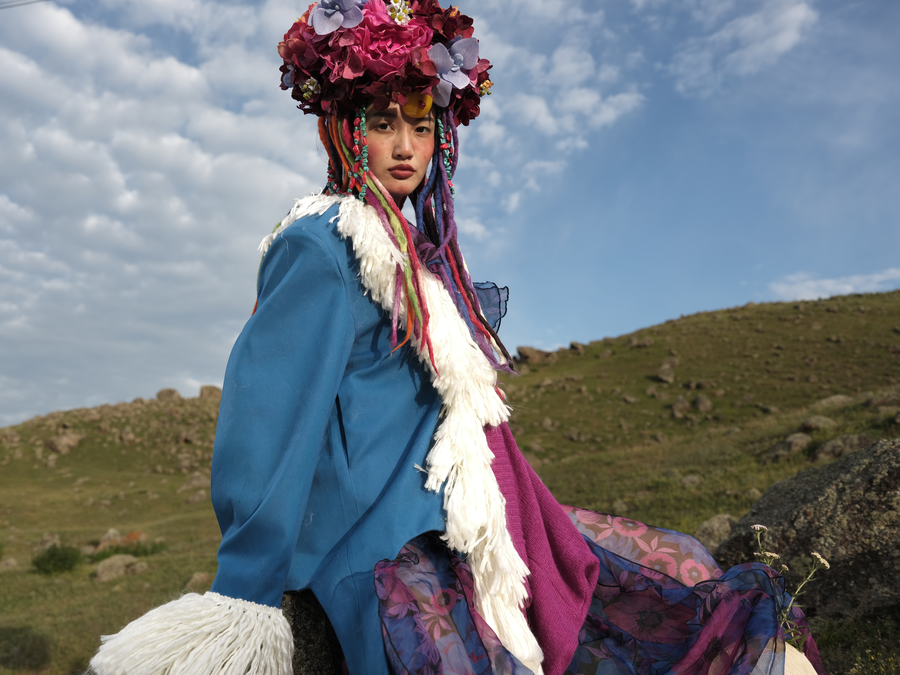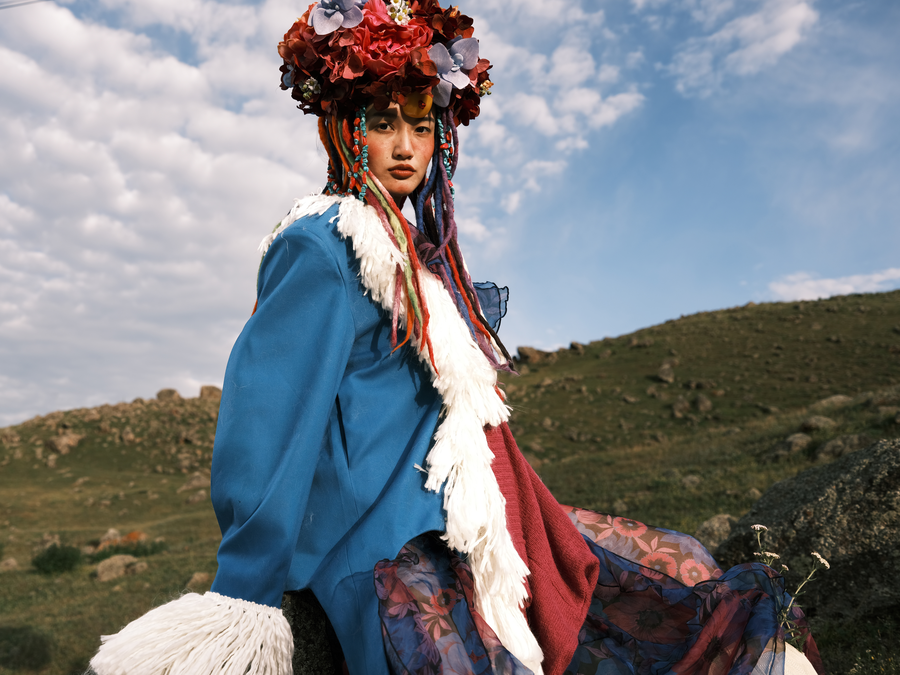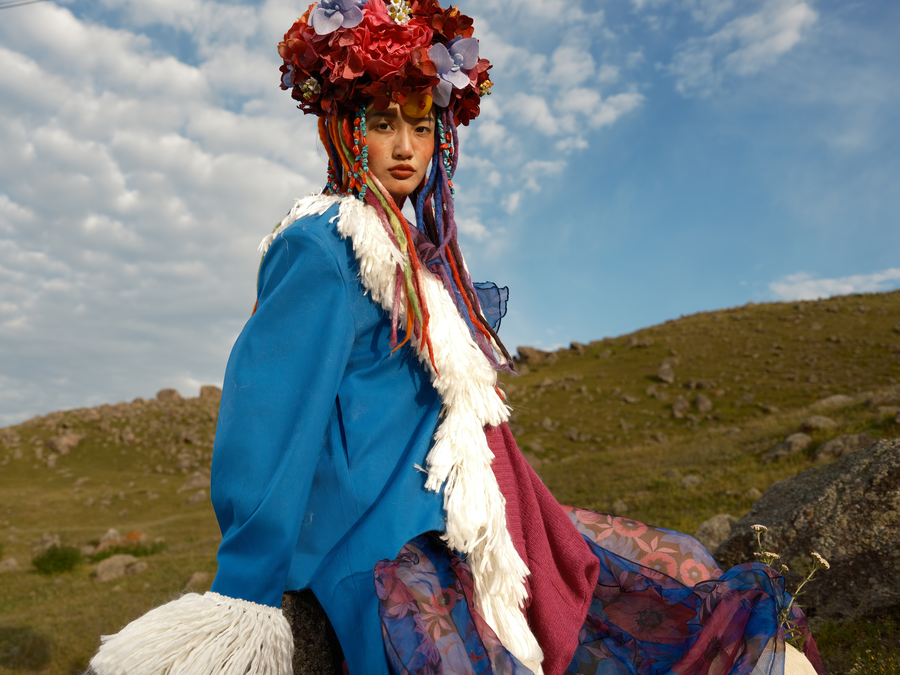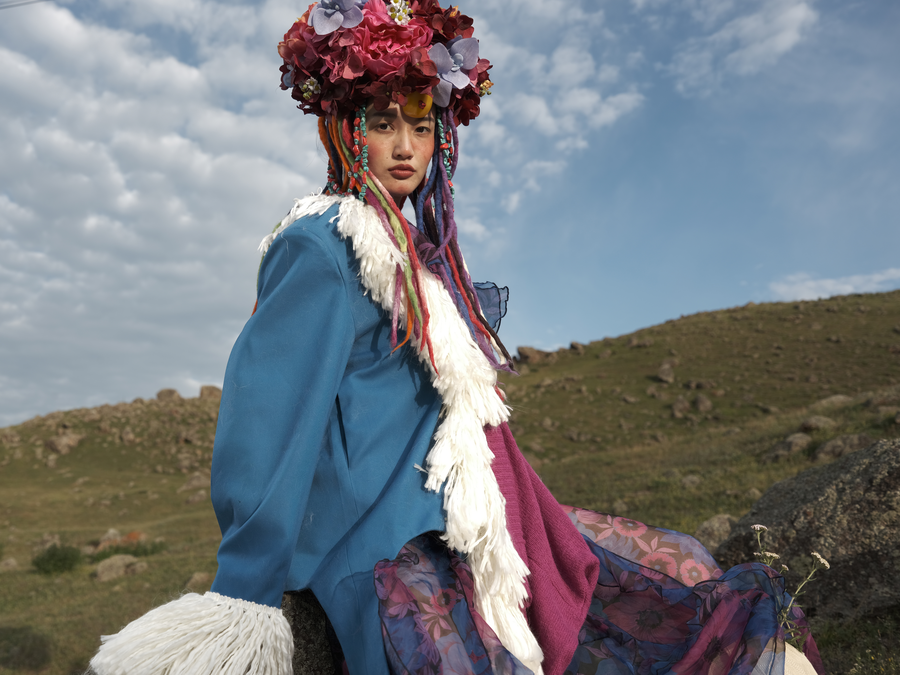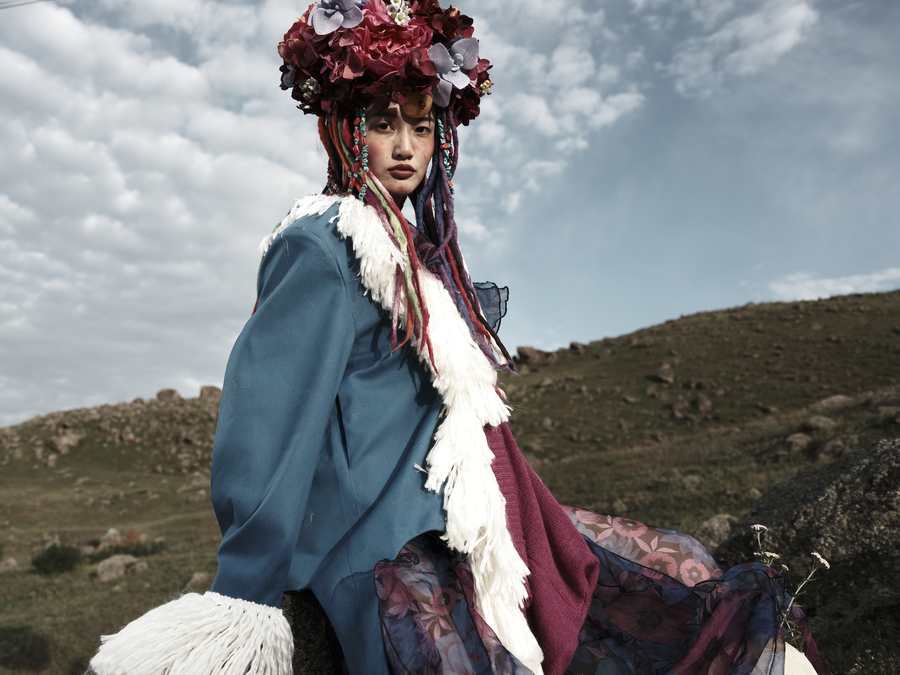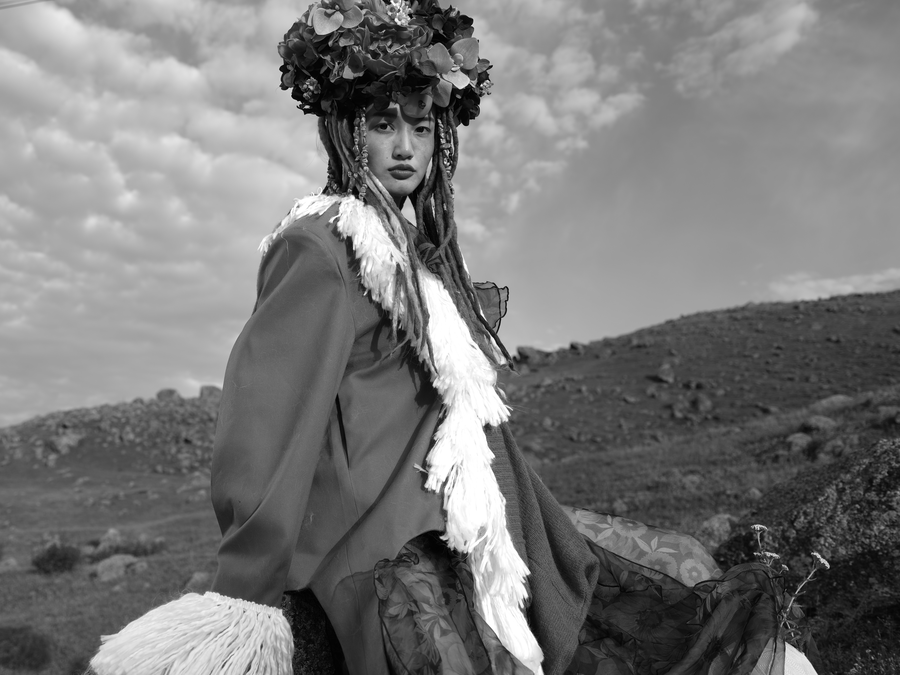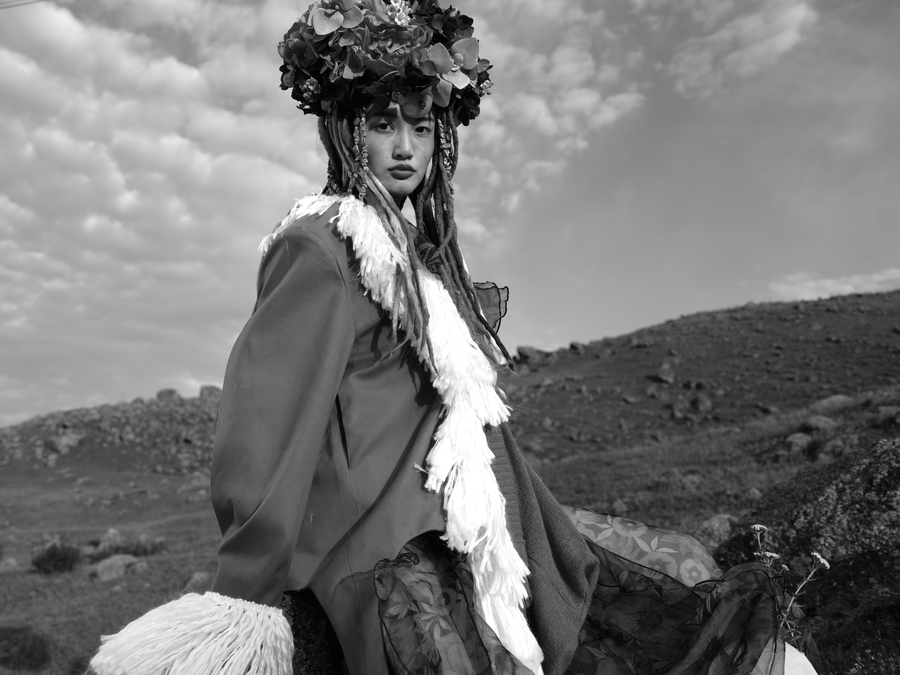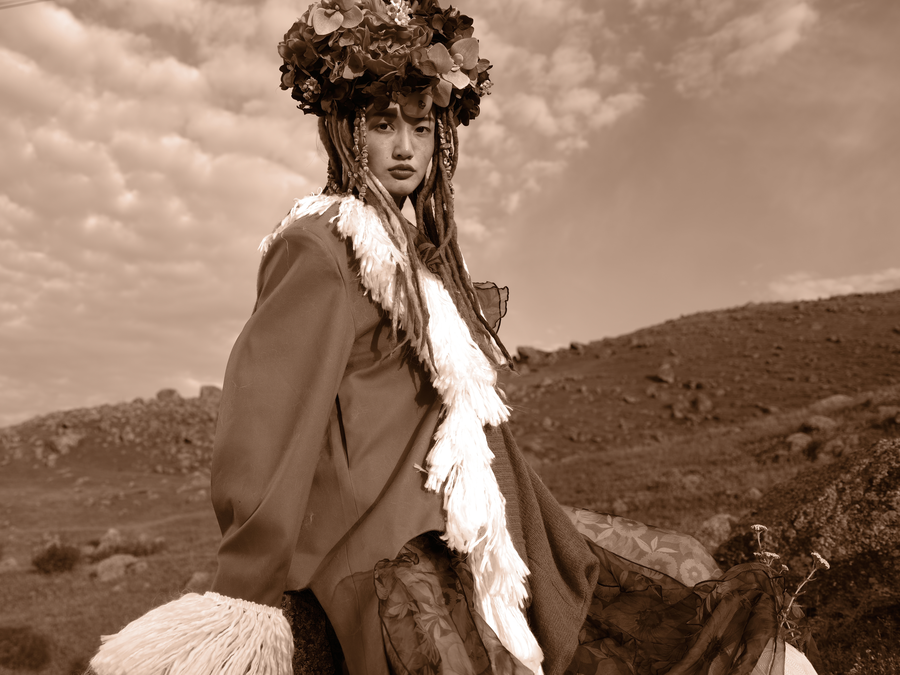Image Format, Size, and Aspect
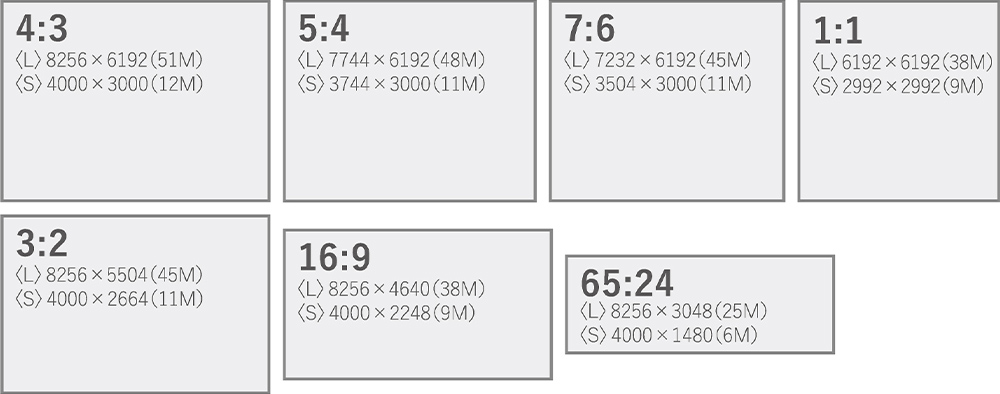
Making great images requires flexibility, so GFX50S II offers a wide selection of image formats and qualities. These include uncompressed and lossless compressed RAW and JPEG formats of varying sizes, aspect ratios, and compression ratios. In-camera RAW processing provides the option of saving 8-bit or 10-bit color depth images as 8-bit or 16-bit TIFF files. It even has the ability to record a cropped 36x24mm image when using a 35mm format lens with compatible mount adapter.
Film Simulation
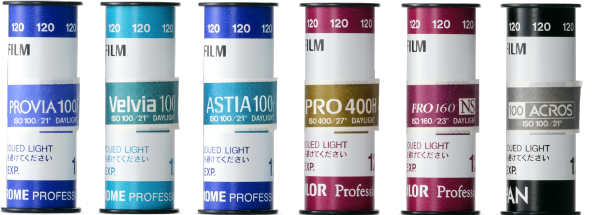
As a manufacturer of cameras and photographic films for many decades, Fujifilm developed Film Simulation modes to digitally replicate the look of classic film stocks. GFX50S II allows users to reproduce these colors and tones, adding an artistic flair and exceptional quality to images.
- PROVIA/STANDARD
- Based on FUJICHROME PROVIA, a reversal film designed for professional use, this Film Simulation mode caters for all subject types, offering a neutral color reproduction.
- Velvia/VIVID
- Based on FUJICHROME Velvia, an ultra vivid reversal film designed for professional use, this Film Simulation mode provides richer and more high-contrast colors than the PROVIA/STANDARD. It is a favorite of landscape photographers.
- ASTIA/SOFT
- Based on FUJICHROME ASTIA, a reversal film designed for use in fashion portraits, this Film Simulation mode prioritizes soft and faithful reproduction of skin tones, while also reproducing vivid blue skies and greenery.
- CLASSIC CHROME
- This Film Simulation mode is designed to reproduce a look similar to documentary magazines of the 20th century. Its low-saturation and hard tonal gradation in shadows make it a perfect choice for documentary photography with a touch of realism.
- PRO Neg. Hi
- Based on PRO160NH, a color negative film for professionals, this Film Simulation mode has slightly harder tonal gradation than PRO Neg. Std. It is mainly used in portrait photography where the lighting is not easily controlled. It provides the right amount of shadow detail, even under flat lighting.
- PRO Neg. Std
- Based on PRO160NS, a color negative film for professionals, this Film Simulation mode has a soft tonal gradation and excellent skin tone reproduction. Ideal for portrait photography under carefully controlled lighting, the neutral tonality lends itself well to post-processing.
- CLASSIC Neg.
- Based on SUPERIA, a color negative film loved by generations of photographers, this Film Simulation mode provides high-contrast tonal gradation. It adds depth and definition to colors by adjusting their shades in highlights and shadows, while reducing saturation.
- NOSTALGIC Neg.
- Designed to recreate the look of images in old photo albums, NOSTALGIC Neg. produces images with rich colors in the shadows – and a soft tonality through the midtones and highlights.
- ETERNA/CINEMA
- Based on ETERNA, a film designed for motion pictures, this Film Simulation mode minimizes saturation to ensure none of the colors stand out. It provides an extremely soft tonal gradation in highlights, and deep shadows to prevent clipping, reproducing a cinematic look.
- ETERNA BLEACH BYPASS
- This Film Simulation mode applies a Bleach Bypass effect to the ETERNA/CINEMA mode. It produces a high-contrast, low-saturation look, creating a touch of depth loved by many filmmakers. Perfect for a more dramatic edit.
- ACROS
- Based on ACROS, a monochrome film renowned for super fine grain, this Film Simulation mode delivers rich shadow details and excellent sharpness, while still adding grain at high ISOs, and recreating the stunning textural feel of monochrome.
- MONOCHROME
- For black & white images. Available in standard mode, or with yellow, red, or green filters, the latter will deepen the shades of gray corresponding to complementary hues in the scene. For instance, the red filter darkens blue skies.
- SEPIA
- This mode adds a warm tone across the frame for a vintage look. When applied to a retro subject, it creates a fittingly nostalgic finish.
Image Effects
Enhance your images with creative film-like effects. GFX50S II offers Grain Effect for replicating the graininess of analog photos, Color Chrome Effect for deeper tonal gradation to a subject with highly saturated colors, and Smooth Skin Effect for smoother skin tones.
Smooth Skin Effect
-
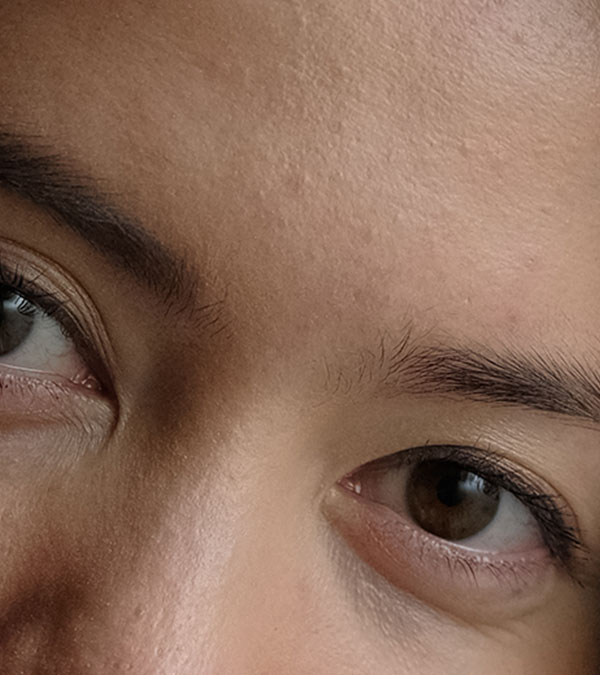
OFF
-
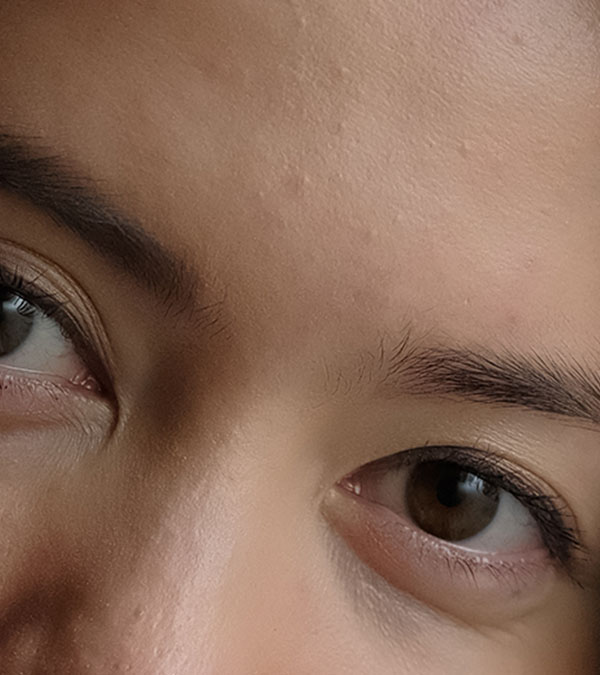
Strong
Ideal for portraiture, this function smoothes skin texture for a more flattering complexion. It can be used on Strong or Weak settings.
Color Chrome Effect
-
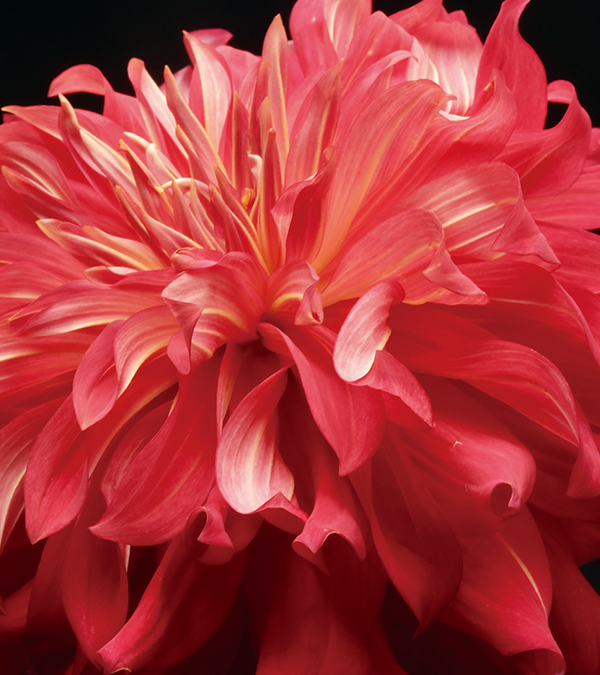
OFF
-
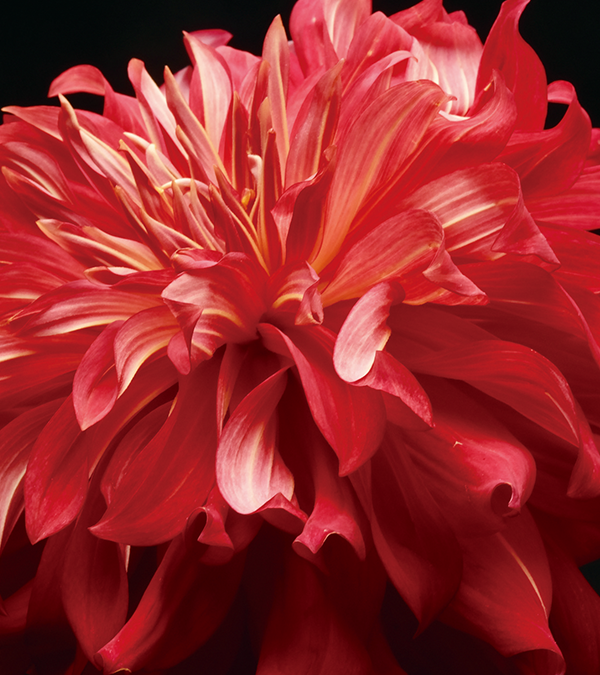
Strong
Add depth, detail, and vibrancy to red, green, or yellow tones in your image, where saturation is too high to achieve true gradation; or use Color Chrome FX Blue to adjust values in just the blue tones. Adjust them separately in three levels to perfectly match your subject.
White Balance
-
2500k
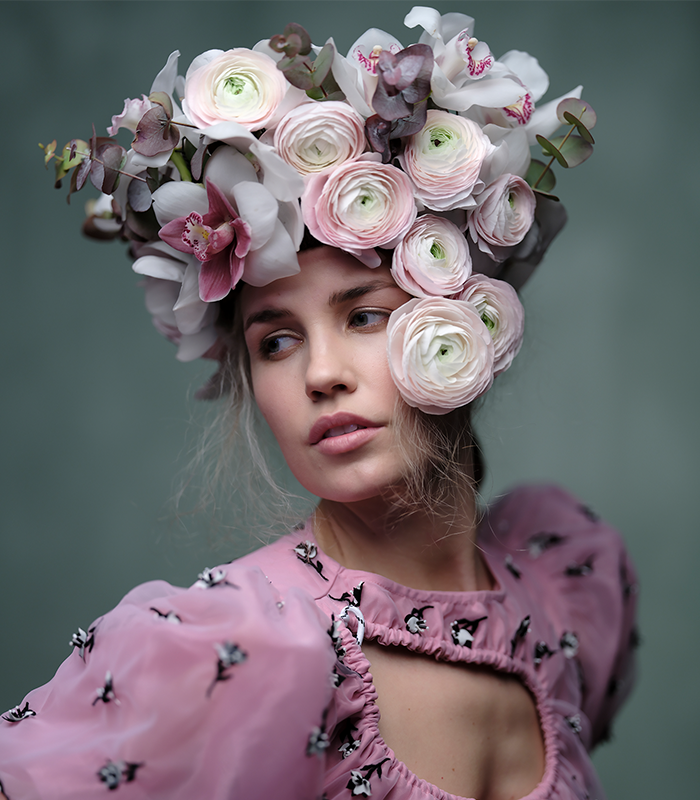
©Pål Laukli
-
White Balance Shift

Fine adjustments can be made, including setting the Auto White Balance (AWB) to one of three modes: Auto, White Priority, and Ambience Priority. When the camera is set to White Priority under incandescent lighting, white is more likely to be reproduced as white. But when Ambience Priority is set, scenes will be photographed with an overall warmer white balance, preserving the lighting characteristics of the scene.
- Mode
- Automatic Scene Recognition, Color Temperature Selection (2500K –10000K)
- Custom
- Custom 1~3 Size / Area Selectable
- Preset
- Daylight, Shade, Fluorescent Light (Daylight), Fluorescent Light (Warm White), Fluorescent Light (Cool White), Incandescent Light, Underwater

White Balance Shift
Clarity
-
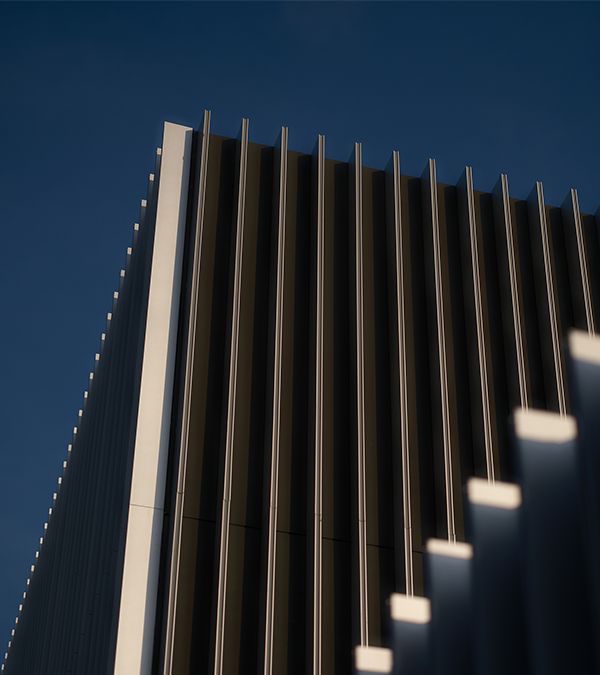
-5
-
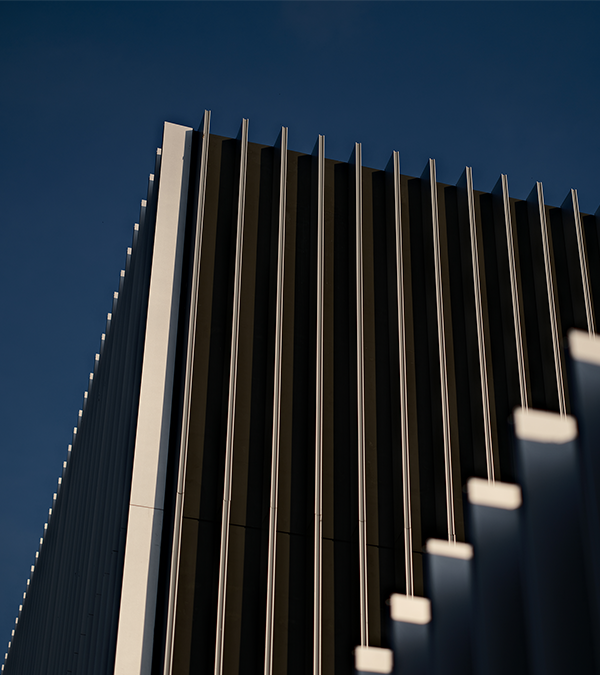
+5
Lets you decide whether to depict a scene with crisp sharpness or give a softer feel. With 11 levels of control, it’s easy to fine-tune to your own personal taste and style.


